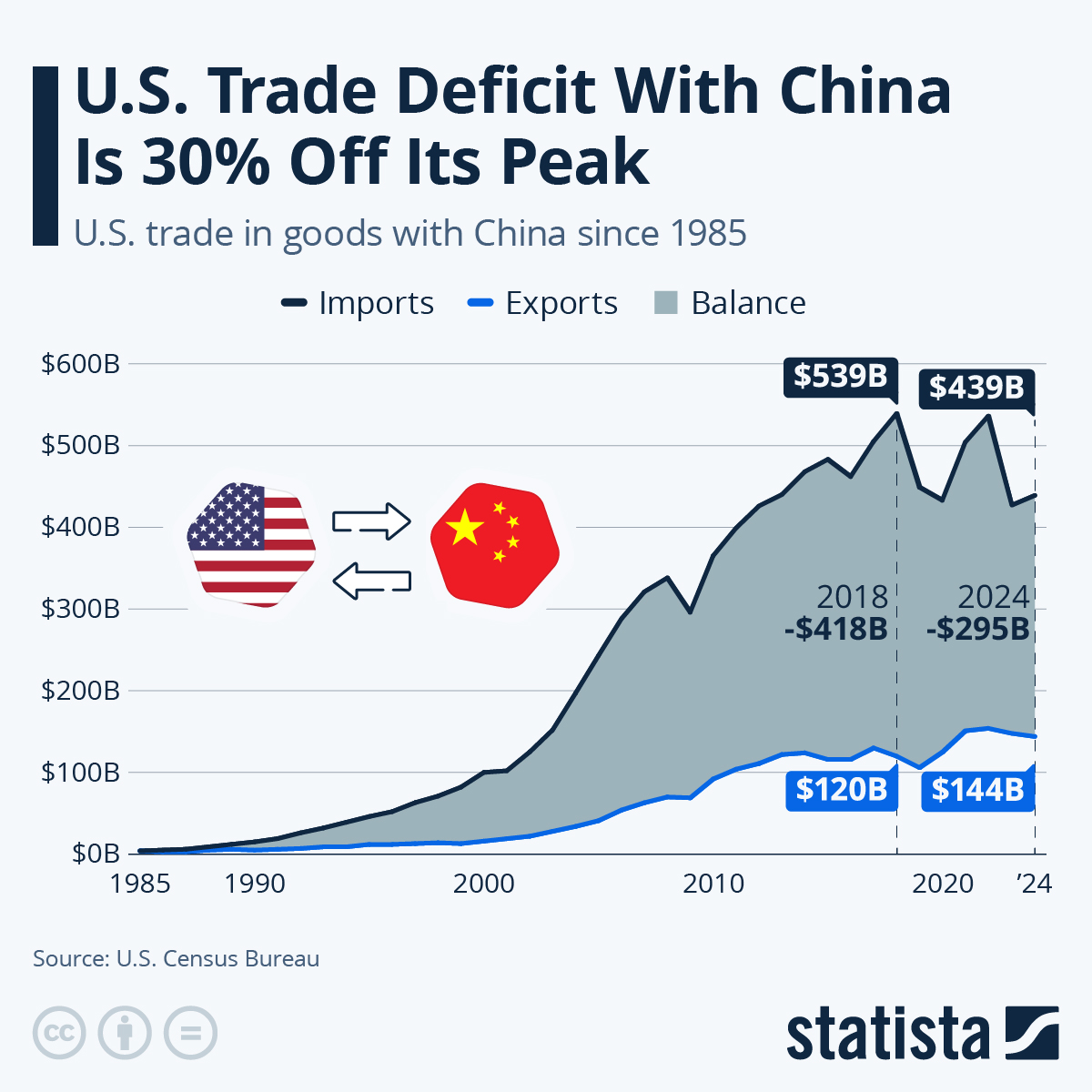- 07 Sep 2021 21:02
#15189219
@ckaihatsu
I'm sure you're just being flippant
But in case you aren't (and even if you are), I'd say that I'm pretty well done with standard Parlimentary/Representative Democracy.
About my own political spectrum;
Now that's flippancy
But no, my political spectrum is essentially the same as that of the Libertarians, with them on one end and ''Statists'' of all stripes on the other. I can accept that without accepting them.
Oh, okay, so that was just a fun little tidbit from history, but now it's all over and everyone loves the 2-party system, huh -- ?
I'm sure you're just being flippant

But in case you aren't (and even if you are), I'd say that I'm pretty well done with standard Parlimentary/Representative Democracy.
About my own political spectrum;
So, like, about 3 blocks past Ms. Rand and then, like, what, 2 lefts and then a right, past libertarianism, and hold the mayo.
Now that's flippancy

But no, my political spectrum is essentially the same as that of the Libertarians, with them on one end and ''Statists'' of all stripes on the other. I can accept that without accepting them.







 - By Rich
- By Rich